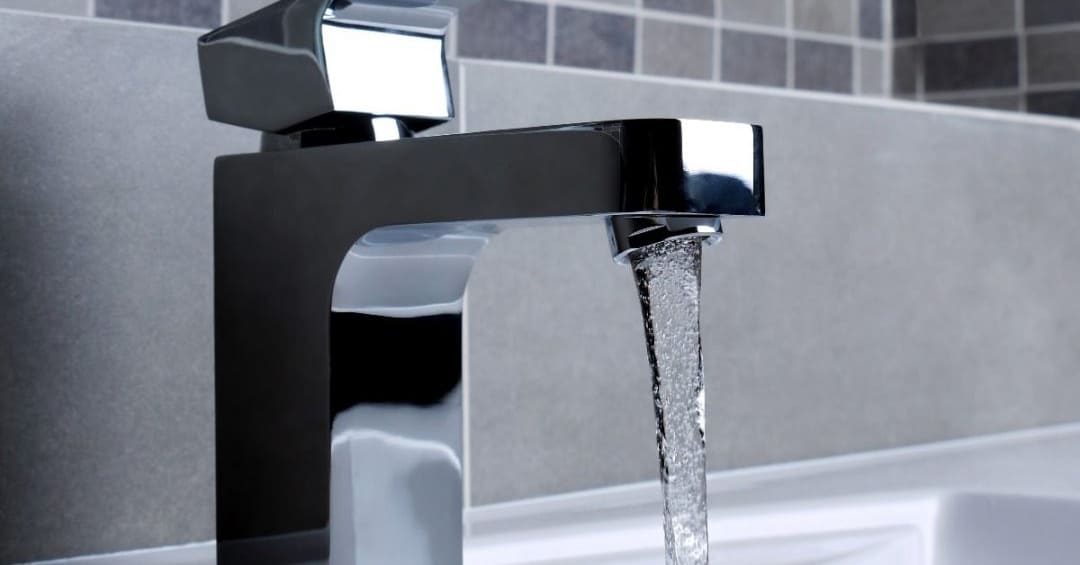Water is a precious natural resource, yet it can be so damaging. Water erodes away bits of rock, corrodes metal, and is the most damaging element of all when it comes to your home. While there are some breathtaking sights in our country that we can thank erosion for such as the Grand Canyon, when it comes to your hot water tank, corrosion equals ruin.
Essentially, water particles can corrode or “eat away” at the inside of your water heater in as little as five years, resulting in substantial replacement costs over the years. In fact, over your lifetime the money you spend to replace your hot water tank because of corrosion can be up in the thousands. Considering the technologically advanced world we live in today, is there not a way to slow down or stop the damaging effects of water on the inside of our tanks? Of course, there is.
Could a simple aluminum or magnesium rod that exists in your hot water heater be the solution?
For more than 60 years, a simple rod crafted of magnesium or aluminum has been used in hot water heaters to attract malicious water particles responsible for corroding the inside of the water tank. These rods, or “sacrificial anodes,” are submerged in the water and held in place by screws. These anodes’ purpose is to prevent your hot water tank from corroding by attracting the particles to itself. Instead of replacing your entire water tank and spending hundreds of dollars, you can simply replace the anode – a relatively cheap component!
When is it time to replace your anode?
There is no specific time period in which to judge whether an anode has reached its lifespan. Generally speaking, most do their job for about three to five years. Factors that determine how long your sacrificial anode will last include the water quality in the area where you live, and the quality of the anode you purchase. To make it as easy as possible, inspect your anode rod on the third year after it has been installed, and every year after the initial inspection. This can be accomplished simply by opening up the tank and visually inspecting the rod after shutting off your water supply.
- A perfectly clean anode is not a good thing. If your anode still looks clean after two or three years, it is not attracting the corrosive water particles. Replace your sacrificial anode immediately.
- Does the anode look as though it has been chewed up? While you may think this a bad sign, this is exactly what you want. The rod is working and will continue to work effectively until you begin to see a thin metal wire (the core).
- Can you see the core of your rod? If a thin metal wire is visible and the anode is chewed up, time to replace. Your anode has reached the end of its useful life.
- No chewed up rod – in fact, no rod at all? If all you can see is the core and no rod, it’s time to replace the anode now. When the rod disappears, it is no longer useful or effective.
Keeping a check on your hot water tank’s sacrificial anode can help you avoid costly replacement. At Haley Mechanical, we are happy to inspect your anode to see if it’s in good working order, or if it may be time to replace. If your hot water tank is already corroded or has other issues that prevent it from working properly, our highly skilled technicians can repair or replace. Serving the southeast Michigan areas of Howell, Ann Arbor, Dexter, Ypsilanti, Chelsea, and Livonia for more than 15 years, we are happy to assist you with your hot water or other plumbing needs.


